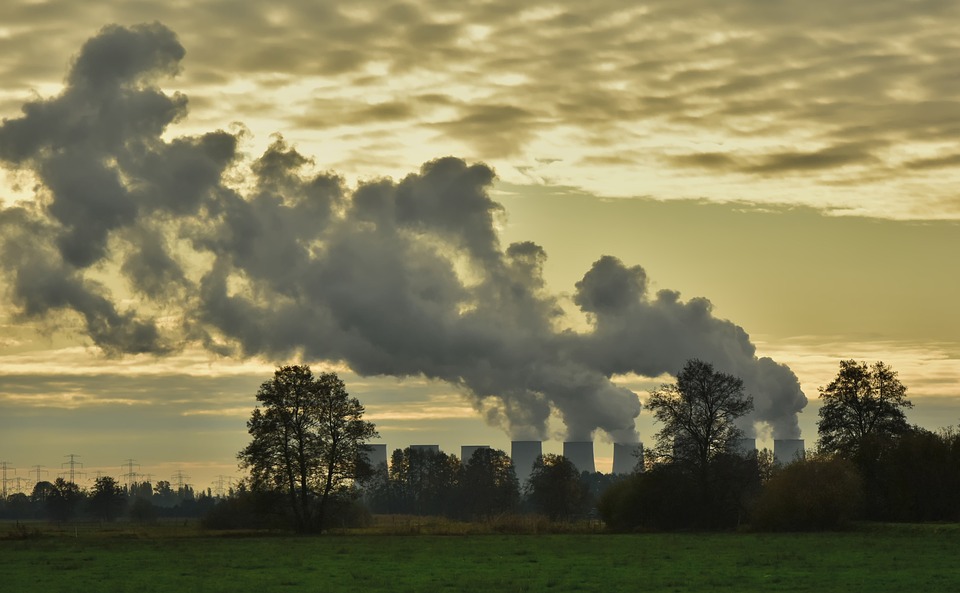As global leaders gather at the COP29 summit, China faces crucial decisions regarding its climate policies, particularly in light of a potentially strained relationship with the United States under a second Donald Trump presidency.
This shift could undo much of the progress made during Joe Biden’s term, especially in addressing shared climate challenges.
China, the world’s largest emitter of greenhouse gases, has long been committed to the Paris Agreement and the multilateral framework for tackling climate change.
However, its future climate actions may be influenced by how the US under Trump responds to key issues like methane emissions, which both countries have previously agreed to address.
While Biden’s administration prioritized international collaboration on methane reduction, Trump’s stance may shift drastically, potentially undoing regulations that have helped curb emissions in the US.
For China, the challenge is twofold: balancing domestic goals with international expectations.

Despite strong rhetoric on climate change, China’s actions on methane have been slow, with critics pointing to a lack of firm commitments.
As the world’s largest emitter of methane, largely from coal mining and industrial activities, China faces pressure to ramp up its efforts in this area.
Yet, as Paul Bledsoe, former climate adviser to President Bill Clinton, notes, China has to offer meaningful reductions in its methane output, which could undermine global progress.
Moreover, developing countries at COP29 are demanding significant climate finance to support their transition to greener economies.
While China, classified as a developing nation itself, has provided loans to poorer nations, its reluctance to assume additional financial responsibilities could be a sticking point in climate negotiations.
With mounting debt burdens on developing countries, many fear that Chinese loans, particularly for fossil fuels, may exacerbate global inequality.
In this shifting climate, experts like Bernice Lee from Chatham House suggest that, even in the absence of direct US-China collaboration, China could still play a pivotal role in global climate efforts.
By supporting renewable energy in developing nations, China can help drive both global sustainability and expand new markets for its green technologies, irrespective of US policy shifts.

